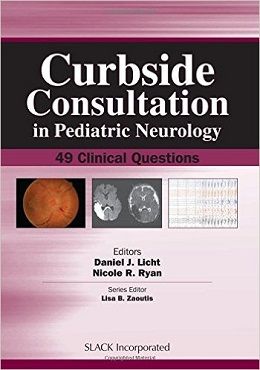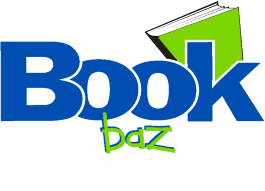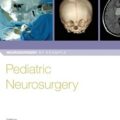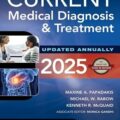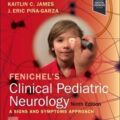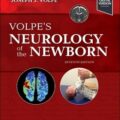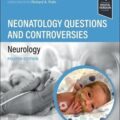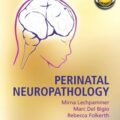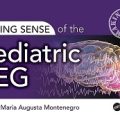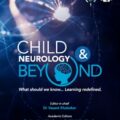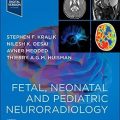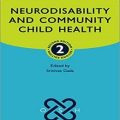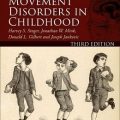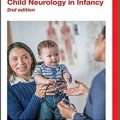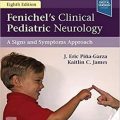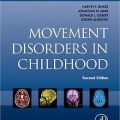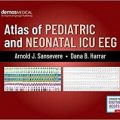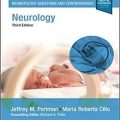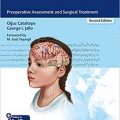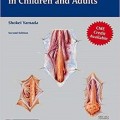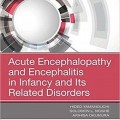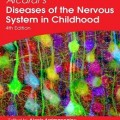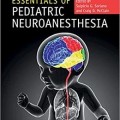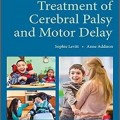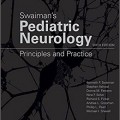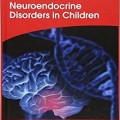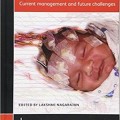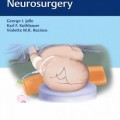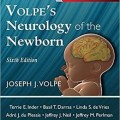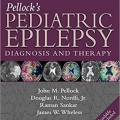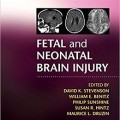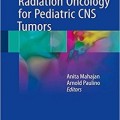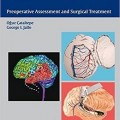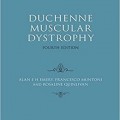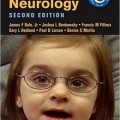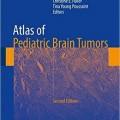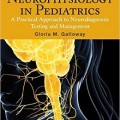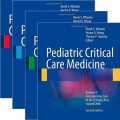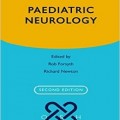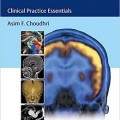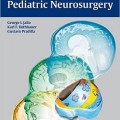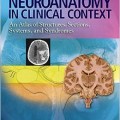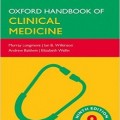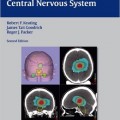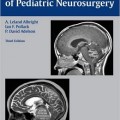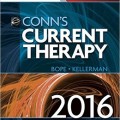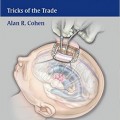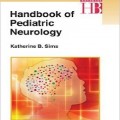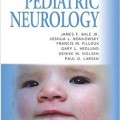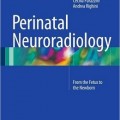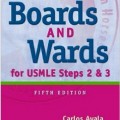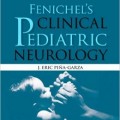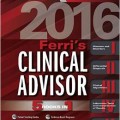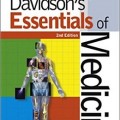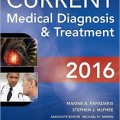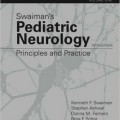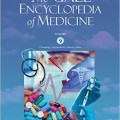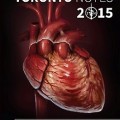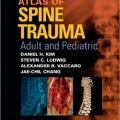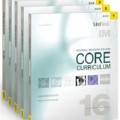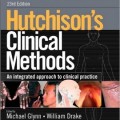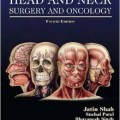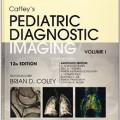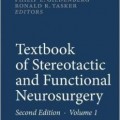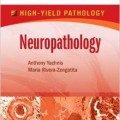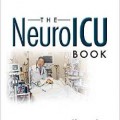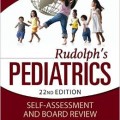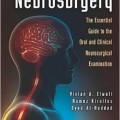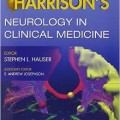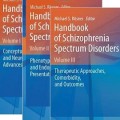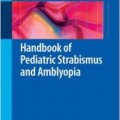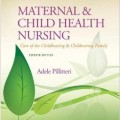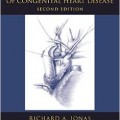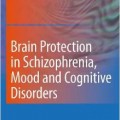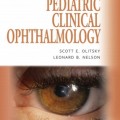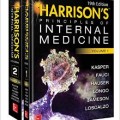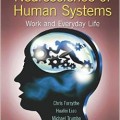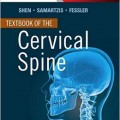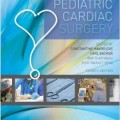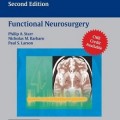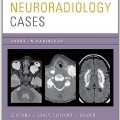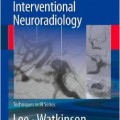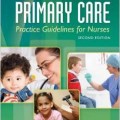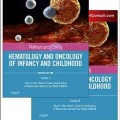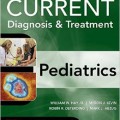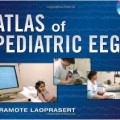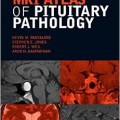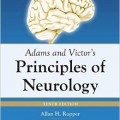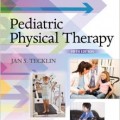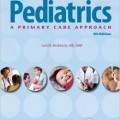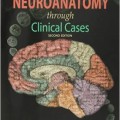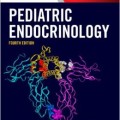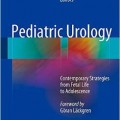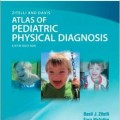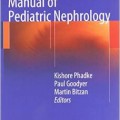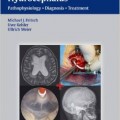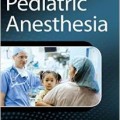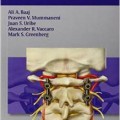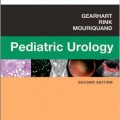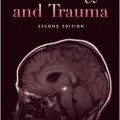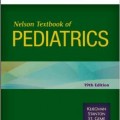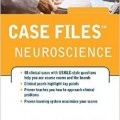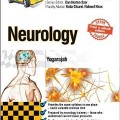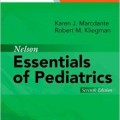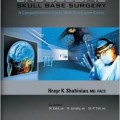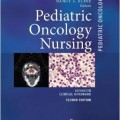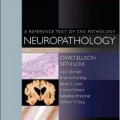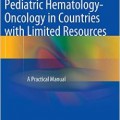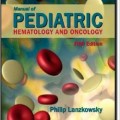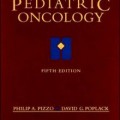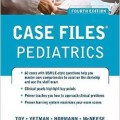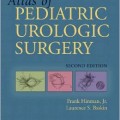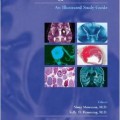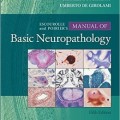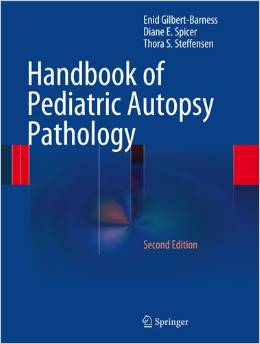دانلود کتاب مشاوره در نورولوژی کودکان: ۴۹ سوال بالینی
Curbside Consultation in Pediatric Neurology: 49 Clinical Questions, 1ed
Are you looking for concise, practical answers to those questions that are often left unanswered by traditional pediatric neurology references? Are you seeking brief, evidence-based advice for complicated cases or controversial decisions? Curbside Consultation in Pediatric Neurology: 49 Clinical Questions provides quick answers to the tricky questions most commonly posed during a “curbside consultation” between pediatricians.
Dr. Daniel Licht and Dr. Nicole R. Ryan have designed this unique reference which offers expert advice, preferences, and opinions on tough clinical questions commonly associated with pediatric neurology. The unique Q&A format provides quick access to current information related to pediatric neurology with the simplicity of a conversation between two colleagues. Numerous images, diagrams, and references allow readers to browse large amounts of information in an expedited fashion.
Some of the questions that are answered:
- When should I consider head imaging in a child with headache? CT or MRI?
- What is the acute management after a concussion? When can a child return to school and sports?
- What are the important things to consider when you see a child with the complaint of vision changes?
- Are there any diet changes or vitamins that may help a child with epilepsy?
- What are the signs of a stroke in a child? Are there other conditions that can present like a stroke?
- What are common causes of acute ataxia?
- What are the neurodevelopmental disorders leading to language delay and what work-up is needed?
- What are the Causes of Guillain-Barré Syndrome, How Often Does It Occur, and How Do You Treat It?
Curbside Consultation in Pediatric Neurology: 49 Clinical Questions provides information basic enough for residents while also incorporating expert advice that even high-volume pediatricians will appreciate. Pediatricians, family practitioners, and pediatric residents will benefit from the user-friendly, casual format and the expert advice contained within.
About the Author
Contents
Question 1 How Are Seizures Classified?
Question 2 How Do I Distinguish Syncope From Seizure?
Question 3 Are Children With Febrile Seizures at Greater Risk for Epilepsy? Which of These Patients Should Be Referred to a Neurologist?
Question 4 Are the Benign Childhood Epilepsies Really Benign?
Question 5 Do Seizures Cause Developmental Delay? Can Treating the Seizures Help?
Question 6 Does Epilepsy Run in Families?
Question 7 Are There Any Diet Changes or Vitamins That May Help a Child With Epilepsy?
Question 8 Do Children “Outgrow” Epilepsy?
Question 9 What Are Common Side Effects of Antiseizure Medications?
Question 10 When Is Epilepsy Considered “Refractory”? What Happens Next?
Question 11 Can a Child With Seizures Receive All Vaccinations?
Question 12 What Do I Do When a Child Seizes in My Office? Can a Child Die From Seizures?
Question 13 What Is a Breath-Holding Spell? Can It Be Treated?
Question 14 A Mother Calls Because Her Child Has Had Episodes of Confusion Over the Last Week but Is Otherwise Acting Normally How Should the Child Be Evaluated?
Question 15 A Child Has Had a Progressive Decline in School Performance Over the Last Few Months How Should This Be Evaluated?
Question 16 What Are the Most Common Types of Headaches in Children?
Question 17 When Should I Consider Head Imaging in a Child With Headache? Computed Tomography or Magnetic Resonance Imaging?
Question 18 What Medications Are Best to Abort a Migraine?
Question 19 Are There Ways to Prevent Migraines? What Lifestyle Factors Contribute to Headaches?
Question 20 Are Tension-Type Headaches Treated Differently From Migraines?
Question 21 What Is a “Migraine Variant”? Is It Treated Differently?
Question 22 What Can Be Done for a Post-Concussive Headache?
Question 23 What Are the Most Important Components of the Exam in Evaluating a Hypotonic Baby?
Question 24 How Do I Distinguish Central From Peripheral Causes of Hypotonia?
Question 25 What Are the Most Common Genetic Causes of Hypotonia?
Question 26 What Are the Clinical Features of Infant Botulism? How Is It Treated?
Question 27 How Do I Know if a Child Has Had a Concussion?
Question 28 What Is the Role for Head Imaging in Suspected Concussion?
Question 29 What Is the Acute Management After a Concussion? When Can a Child Return to School and Sports?
Question 30 What Is Post-Concussive Syndrome?
Question 31 How Do You Evaluate Acute Weakness in a Child?
Question 32 What Are the Causes of Guillain-Barré Syndrome, How Often Does It Occur, and How Do You Treat It?
Question 33 What Are the Signs of a Stroke in a Child? Are There Other Conditions That Can Present Like a Stroke?
Question 34 What Can I Tell a Parent to Expect About the Recovery From a Perinatal-Onset Arterial Ischemic Stroke? How About a Childhood-Onset Arterial Ischemic Stroke?
Question 35 What Is the Chance of Developing Epilepsy After Stroke?
Question 36 What Causes a Child to Have a Stroke?
Question 37 What Are the Important Things to Consider When You See a Child With the Complaint of Vision Changes?
Question 38 What Is the Evaluation of a Child With Optic Nerve Head Elevation (Papilledema)?
Question 39 What Is the Difference Between Vertigo and Dizziness? What Are Common Causes of Both?
Question 40 How Should Vertigo Be Evaluated and Treated?
Question 41 What Are Common Causes of Acute Ataxia in Children?
Question 42 How Do You Distinguish Weakness From Ataxia?
Question 43 How Do You Tell a Pathologic Gait From a Functional Gait?
Question 44 How Should I Begin a Workup for a Child With Significant Developmental Delay?
Question 45 What Is a Good Approach to Thinking About a Child With Multiple Dysmorphisms?
Question 46 When Should I Think About a Mitochondrial Disorder, and What Is a Good Approach to an Initial Evaluation?
Question 47 What Are the Neurodevelopmental Disorders Leading to Language Delay and What Workup Is Needed?
Question 48 How Are Movement Disorders Classified and Why Is That Important?
Question 49 How Do I Diagnose Tics and How Do I Treat Them? When Is It Considered Tourette Syndrome?
لینک کوتاه : https://bookbaz.ir/?p=47028
نویسنده : Daniel Licht MD , Nicole R. Ryan MD
ناشر : Slack Incorporated; 1 edition
سال انتشار : 2015
زبان کتاب : انگلیسی
نوع فایل : PDF
تعداد صفحات : 296
(ISBN) شابک : 1617115991
قیمت کتاب درآمازون : $80.75
حجم فایل : 9 MB
